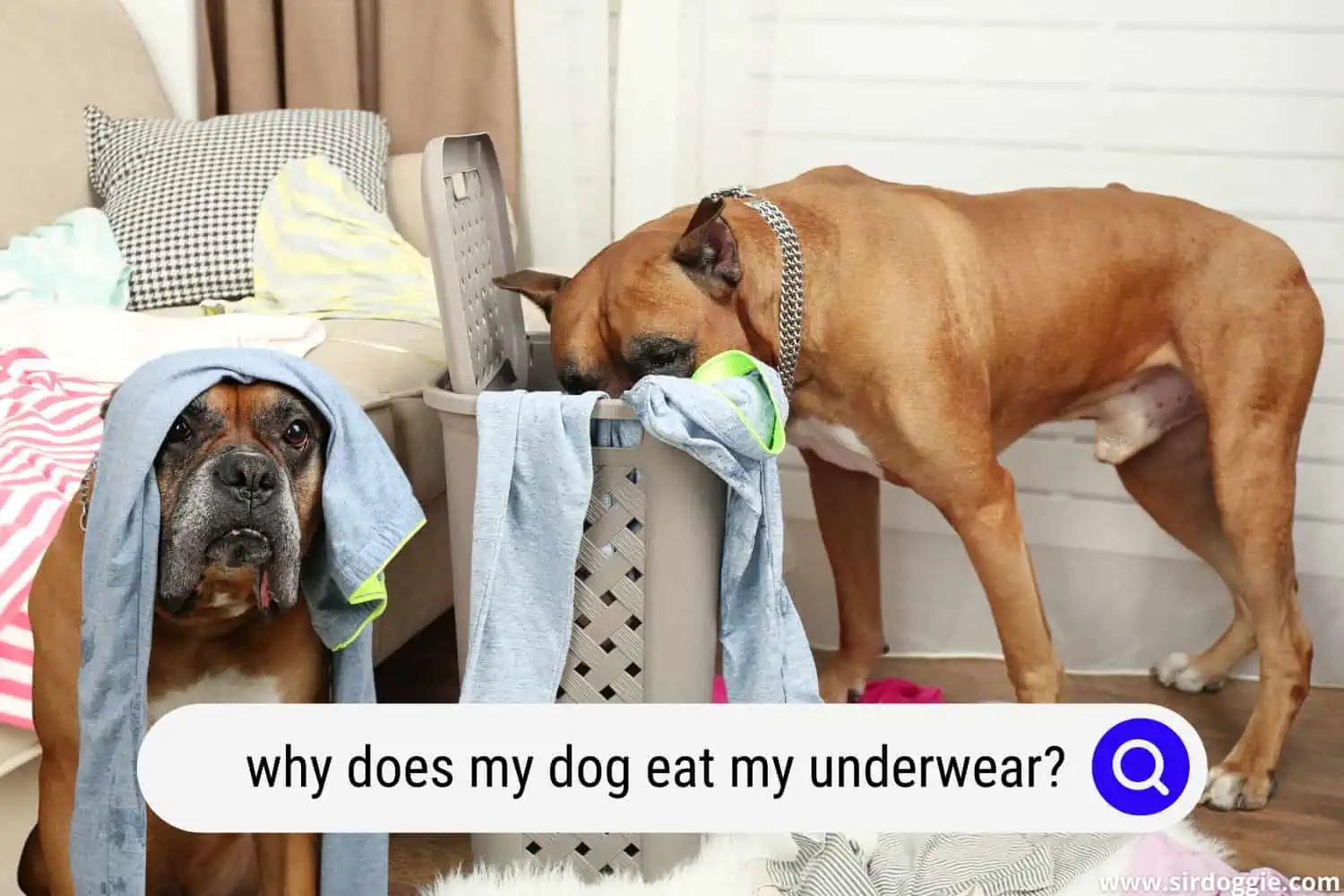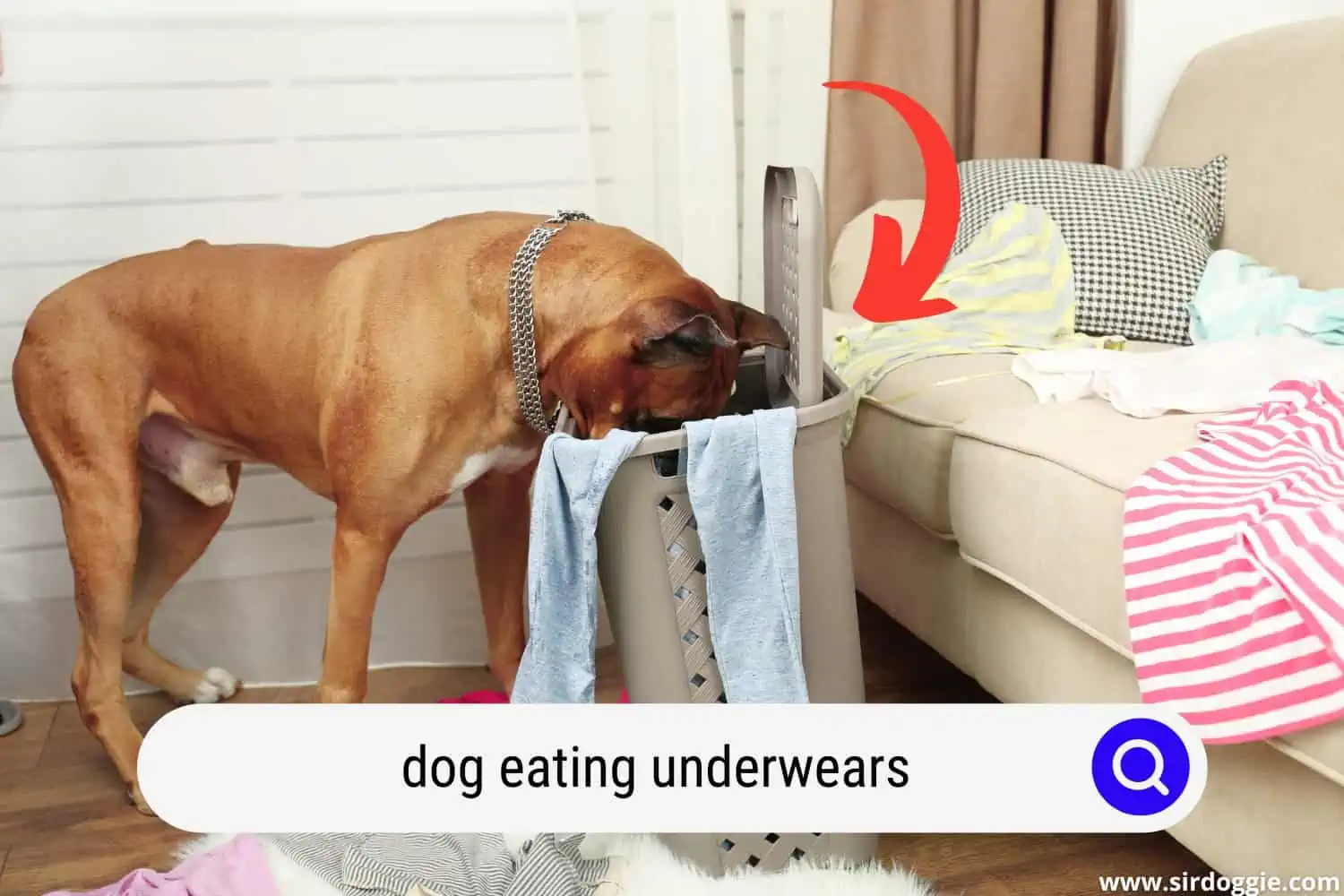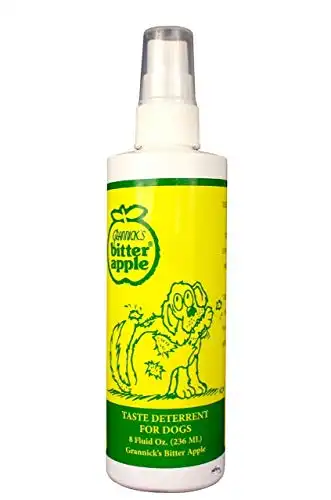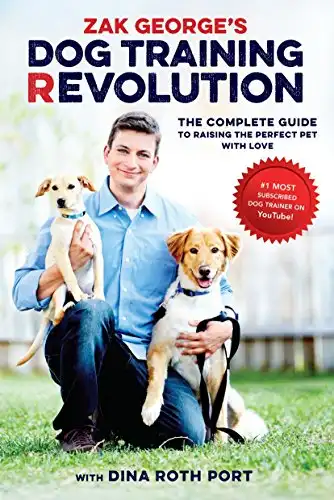Dog Eating Your Underwear? [6 REASONS WHY]

Have you been dealing with your dog eating your underwear? Here are 6 common reasons why:
- Separation Anxiety
- Demanding Attention
- Weaning too Soon
- Pica Syndrome
- Behaviour Disorders
- Boredom
Depending on their age and temperament, dogs can chew, eat and/or destroy clothing and other indigestible things. This behavior can be by mistake, although it often feels, from the pet parent’s perspective, that it was on purpose.
We’ve all been there as pet parents, chasing our dog around the house or yard wishing we had spent that few months during puppyhood training them to drop on command!
And while it can be humorous to look back on, sometimes what a dog ends up eating can cause us a lot of panic and worry.
And one of those things is our underwear.
Related Reading: Why Is My Dog Eating Goose Poop?
When young puppies eat your underwear, it’s a little less surprising and a little more forgivable, since they are trying to discover their environment and often eat things out of curiosity (I’m sure underwear is just one of many things they’ve tried to eat!).
Pet parents get especially worried when this behaviour happens frequently, when their dog is older and when their dog otherwise has few behaviour “issues”.
The behaviour of dogs eating their owner’s underwear should not shock their owner or raise too much concern as the owner’s personal items (like shoes and) underwear) are fairly common.
Dogs Eating Underwear Is More Common Than You Think
Young dogs, like children, are curious and they love to play. It is important to protect your dog from ingesting dangerous foreign objects such as small toys, underwear, socks, carpets, coins, etc., as these can lead to serious health complications and expensive vet bills.
Dogs of all ages are prone to ingesting foreign objects but it is most commonly seen in young dogs under 2 years old.
Puppies and adolescent dogs are curious and very excited when they play leading to more risk-taking behaviour and a smaller awareness around the dangers of swallowing a foreign object.
Dogs also swallow foreign objects by mistake while playing. During the excitement and heat of the moment, a dog, especially a puppy, can accidentally swallow an object they had meant to keep out of their stomachs.
Other causes of this behaviour are related to the growing pains of teeth. Dogs, especially puppies, explore the world with the help of their nose and mouth, and they adore chewing objects because it calms them, especially when they are in pain due to their growing teeth.
With teeth pain, puppies chew objects for relief almost like how we scratch an itch.
Although small foreign bodies can pass through the intestine without blocking or causing a problem during this activity, larger parts can lead to serious complications.
Dogs that have a foreign object usually exhibit gastrointestinal disorders.
Common Reasons for Dogs Eating Underwear
If your dog is not in the puppy stage anymore and it continues to chew and swallow hard to digest objects, there are several SOS signs you might have been missing.
1. Anxiety from Separation
Since your dog has unmeasurable unconditional love to offer, your absence can cause a lot of stress. Even the smallest breaks-ups like going grocery shopping or having a night out can lead to a great amount of anxiety on your dog (not to mention your time away at work).
This can be a common time when they start chewing and eating personal objects that carry your smell, like your underwear, socks or shoes.
Your scent on these objects can help diminish the feelings of discomfort felt by your absence and reduces their anxiety.
2. Demanding Attention
If you are not spending enough time with your dog they can become overly needy and will start looking constantly for ways to attract your attention. This can be the precursor to them starting to eat and destroy your personal items.
Even when you discipline your dog for chewing on your personal items in an effort to dissuade them from continuing, it can feel, from your dogs perspective, that they have “won” your attention with their behaviour, and you may actually be reinforcing this unwanted behaviour (especially if they are attention deprived).
3. Weaned Too Soon
Some veterinaries reached the conclusion that the repetitive behaviour of a dog eating their owners’ personal items may have its roots in being a puppy having been weaned too soon.
It is often agreed that beginning weaning before your puppy hits the 7 to 8 weeks age can be problematic. If a dog has been weaned too soon, sucking their owners’ underwear’s fabric can offer comfort for them.
During this comforting activity, the dog can end up eating the underwear by mistake. Sometimes they do this because of their hunger sensations. You can distract your dog from eating your underwear by providing them dog treats which will help keep them busy and help calm their hunger sensations.
4. Pica Syndrome in Dogs
“Pica” is a term used to describe an anomaly of appetite, when the animals want substances that are not part of the dog’s regular diet: pieces of wood, sand, metal, stones, rubber, underwear, socks, etc.
Pica syndrome should not be confused as an anomaly of the digestive system or as a nutrition problem.
Pica Syndrome is instead more closely related to a psychological abnormality.
Pica syndrome has, in fact, only one symptom: the ingestion of objects or non-food substances. This does not mean that if your pet once swallowed your underwear, it suffers from Pica Syndrome.
Some Medical Causes for Pica Syndrome include:
- Inflammatory bowel disease
- Diabetes
- Intestinal parasites
- Anemia
- Increased hunger
- Neurological disease
- Vitamin deficiency
- Malnutrition
- Thyroid disease
Only a qualified veterinarian can diagnose your dog with Pica Syndrome. If you are worried your little one may suffer from it please consult with your vet before assuming anything.
When a dog suffers from this syndrome, they may eat your underwear regularly despite your efforts from trying to dissuade them.
It can become more of an obsession to consume your underwear, like an addiction that results in your dog continuing to behave in a way that even they may not want to behave in but feel compelled to.
Your veterinarian can assist with various measures to treat and control Pica Syndrome such as training them to move their appetite for indigestible objects into digestible ones, like healthy treats.
Severe cases need to be controlled differently: you might need to muzzle them or put a collar that prevents picking up the objects on the floor. They may need to be kenneled when they are alone in the home during the day.
These more drastic measures should again be consulted with your veterinarian.
In extreme cases, asking for the help of a seasoned trainer, or a CCD specialist (Canine Compulsive Disorder), may also be a solution.
5. Behaviour disorders
If the habit of eating your underwear happens frequently then might be time to explore the possibility that your dog has some type of compulsive behaviour.
Some breeds of dogs are genetically prone to develop this kind of behaviour, while in other dogs there appears for no identifiable reasons.
The solution for behaviour disorders should always rely upon the treatment of a specialist and/or veterinarian.
6. Boredom
Another common reason for your dog eating your underwear is from simple boredom or the lack of stimulating physical/mental activity.
Hyperactive breeds such as terriers, shepherds or hunting dogs require a lot of daily physical activity to exhaust their native energy, otherwise, they engage in destructive behaviours like eating your underwear or other personal objects.
The mental stimulation is also important in preventing boredom. Training provides psychological and mental stimulation. Enter in the dog’s daily schedule, one or two short (10 minutes) training sessions.

Tips To Discourage Your Dog From Eating Your Underwear
- More often than not, your dog is demanding some sort of attention. Since they can’t talk, they find ways to get it. So if they are doing something you don’t want them to do, don’t give them the reaction they are looking for. Don’t make a scene and confront them, act as if you didn’t even notice.
- Anti-Chew sprays can work really well for some dogs.
- As a pet parents, the onus and responsibility are on us. Do your due diligence to ensure your dog does not have access to items you don’t want them to have access to.
- See a vet. There is no shame in seeking professional advice when you feel like you’ve tried everything and changing a dog’s behaviour is a valid reason to visit the vet, especially if there are risks associated with their unwanted behaviour.
Some of the links in this post are affiliate, and we may earn a commission.
Don’t Forget About ACTUAL Training
While treats and toys may help to entertain and stimulate your Frenchie, they do not replace training. Just like we need to enrich our “human puppies” (a.k.a. children), we need to dedicate time to help our dog’s brains develop.
It can’t just be entertainment and treats 24/7! It’s sort of akin to placing a child in front of a T.V. and expecting to improve their overall behaviour and well-being.
Final Thoughts
Don’t take your dog’s underwear eating behaviours personally, but do take them very seriously.
Your veterinarian is always a great resource for helping you understand the exact causes of your dog’s underwear eating behaviours and how you can best treat them.
Vegetable fibres such as cotton or those that are added to fabrics cannot be digested by your dog’s body because the enzymes necessary for this process are not present in their digestive tract.
Another safe alternative is to spray your underwear or underwear storage bags with an anti-chew spray.
Hopefully, you will no longer be wondering why your dog is chewing your underwear or taking this behaviour personally.
Owning a dog comes with a lot of responsibility, so when behaviours like underwear eating present themselves, take them seriously as your dog’s health will be better for it, and you will both be much happier.

Family Dog Expert Author
Hi there! I’m Stuart, a devoted dog lover and family dog expert with over a decade of experience working with our furry companions. My passion for dogs drives me to share my knowledge and expertise, helping families build strong, loving bonds with their four-legged friends. When I’m not writing for SirDoggie, you’ll find me hiking, playing with my beautiful dog, or studying music.

